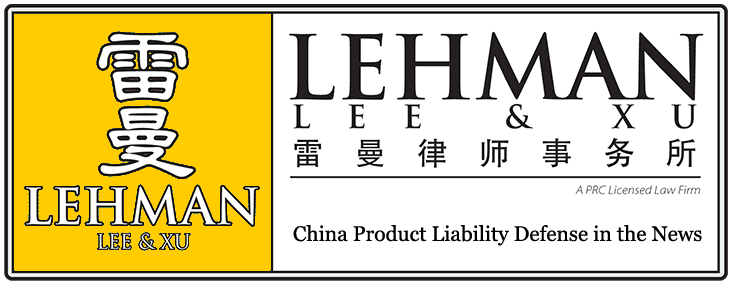BEIJING - The National Copyright Administration (NCA) will revise a draft amendment to China's copyright law that has stirred controversy since being circulated to seek public opinion, according to a Friday announcement by the NCA.
The NCA has received 1,560 comments concerning 81 articles in the draft amendment since it was published on March 31, according to the administration.
The NCA will therefore revise the draft amendment based on the public's suggestions, as well as those from a committee of experts, and publish the revised version to seek more opinions before the end of this month, an NCA official said.
The draft amendment has triggered heated discussion among members of the public. It has also drawn wide attention from trade organizations and businesses from the United States, the European Union, Britain and Japan, as well as from Hong Kong and Taiwan.
Public feedback has mostly concerned statutory licensing, collective management of copyrights, the review obligations of network service providers, legal liability for non-exclusive license users, compensation for damages and the registration of copyrights.
Chinese music composers have expressed anger regarding the draft amendment, as they believe it will diminish their professional rights if passed.
Article 46 of the document stipulates that music producers may use a musical work from another recorded product, as long as it has already been published for more than three months, in their own productions without having to obtain consent from the copyright holder. The article says producers must report the use to relevant government authorities and fairly compensate the original artist.
The draft says that if the copyright holder does not state otherwise, royalties for such use will be collected through collective copyright management organizations.
Composers have complained that the draft may deprive them of their copyright interests.
Industry insiders have also expressed concerns that the provisions will make record companies less willing to invest in record promotion.
However, some legal experts have suggested that the composers have misunderstood the draft and are overreacting.
The copyright law amendment comes at a time when authorities are making more efforts to crack down on copyright infringement, including online piracy, as the country has seen an increase of cases related to intellectual property rights (IPR) protection.
In 2011, courts at all levels nationwide handled 59,612 new IPR-related civil cases and concluded trials for 58,201 cases, up by 38.86 percent and 39.51 percent, respectively, from the previous year, the Supreme People's Court (SPC) spokesman Sun Jungong said at a press conference in April.
Moreover, local courts received 5,707 new criminal cases involving IPR issues, an increase of 42.96 percent year on year, Sun said.
According to an online poll conducted by the China Youth Daily, 92.7 percent of 17,576 respondents admitted that they had bought or used pirated goods themselves.
A total of 65.9 percent of respondents said poor copyright protection may undermine authors' ability to innovate, while 64.2 percent said it could impair the country's cultural innovation.
Web link: http://www.chinadaily.com.cn/business/2012-05/19/content_15337482.htm
|

